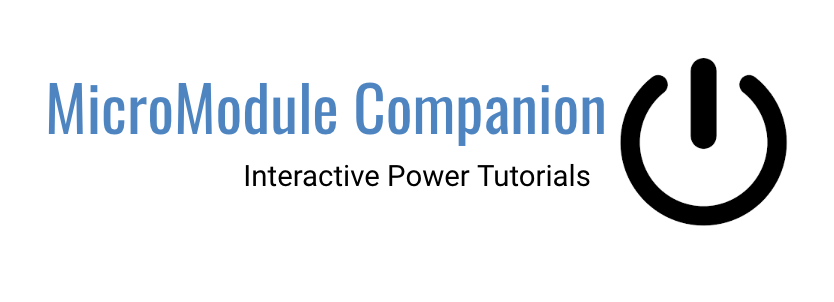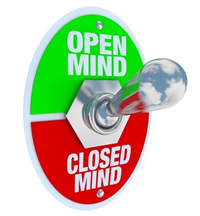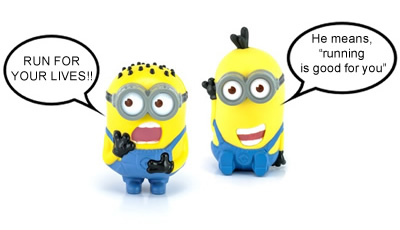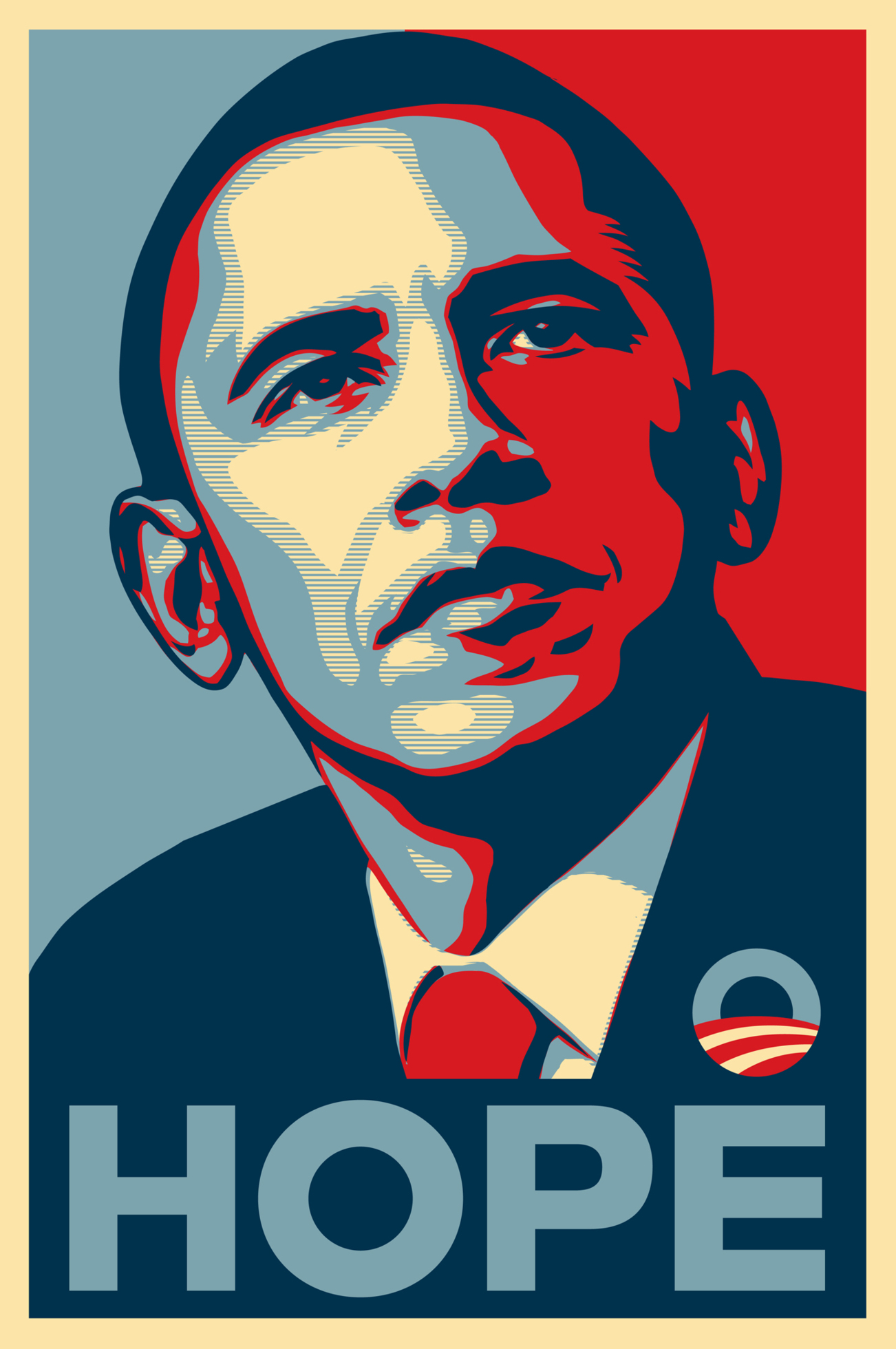Bias
Tutorial Directory
What is Bias?

To a closed minded person, an open minded person looks biased. An open minded person may think the views of a closed minded person are biased.
According to Merriam-Webster Online Dictionary, bias is a BENT or TENDENCY
- an inclination of temperament or outlook; especially: a personal and sometimes unreasoned judgment: PREJUDICE
- an instance of such prejudice
- deviation of the expected value of a statistical estimate from the quantity it estimates
- systematic error introduced into sampling or testing by selecting or encouraging one outcome or answer over others.
 Spin DoctorsWhen it comes to modern media (news, advertising and the Internet), bias-on-demand has become a profession for spin-doctors who specialize in spinning anything negative into something positive. |
Why check for bias on a Web page?
-
Trust
Would you trust information unsupported by facts or logical reasoning? A biased author may not pay attention to all the facts or develop a logical argument to support his or her opinions. -
Self Defense
A statement is biased if it reflects a partiality, preference, or prejudice for or against a person, object, or idea. Much of what you read and hear expresses a bias.
You may not disagree with them, but do you understand why you believe?
Biased information tries to change your mind, how you think. Being aware of bias and knowing how to identify, analyze, and assimilate biased information properly is a skill to be treasured. It puts you in charge of how you think instead of giving up that control to the print and media world.
What impression would I have if different words had been used?
Indicators of bias on a web page
- Extreme language; statements have all or nothing connotations.
- The argument appeals more to the emotions than to logic.
- Things are worded with the intent to oversimplify or over generalize.
- A limited view of the topic.
Is this page trying to sell me something?
Sites that sell products or services want to make themselves look good (and competitors not so good). Look at ALL the reviews. Web pages dedicated to controversial topics are also likely to have a bias. These are good practice for detecting bias, especially the comments section.
Questions to keep in mind as you look for bias
- What is the author's political point of view?
- Have facts been omitted?
- What does the author stand to gain?
- Who is paying for the website?
- Does the author present alternate points of view? If so, are those views presented objectively, or with scorn?
- Does the author use glittering generalizations?
- Does the author rely on persuasive testimonials?
- What words create positive or negative impressions?
- Does the author use name-calling?
- Does the author use scare tactics?
Propaganda on the Web
Propaganda is the dark side of bias. Propaganda techniques are designed to influence opinion by manipulating the truth. A propagandist is completely biased in favor of some point of view.


Two views of propaganda
Knowing propaganda techniques will help you analyze webpages, understand advertising, and recognize bias when you see it. For in-depth information on propaganda techniques, check out these sites:
- Disinfopedia (Index of topic information.)
- Yahoo Search Directory: Propaganda (Index of topic information.)
- Recognizing Propaganda Techniques and Errors of Faulty Logic (Cuesta College Information page.)
- Propaganda Techniques in Literature and Online Political Ads (9-12 Lesson Plan rich in resources.)

Tutorial Directory
Authored by Dennis O'Connor 2003 | modified 2016